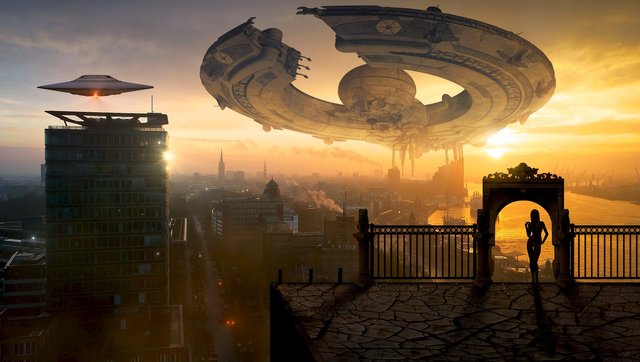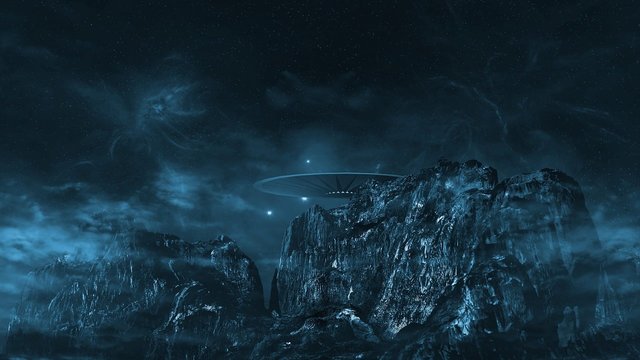What is sciences fiction?

Science fiction is a genre of literature and film that has captivated audiences for decades. It is characterized by its exploration of the possibilities of technology, space, and the future. Science fiction is often set in worlds that are vastly different from our own, and it often features characters who are grappling with profound questions about the nature of reality, the role of humanity in the universe, and the impact of technological advancement on society. In this article, we will explore the many facets of science fiction and why it continues to be such a popular and important genre.
The Origins of Science Fiction

Science fiction has its roots in the scientific revolution of the 17th and 18th centuries. As scientists began to make groundbreaking discoveries about the natural world, writers began to imagine what the future might hold. The first true science fiction novel is widely considered to be "Frankenstein" by Mary Shelley, which was published in 1818. The novel explored the potential consequences of scientific experimentation and the dangers of playing God.

Throughout the 19th and early 20th centuries, science fiction became increasingly popular, particularly in pulp magazines and comic books. Writers like Jules Verne and H.G. Wells wrote about submarines, time travel, and other technologies that were still in their infancy at the time. As technology continued to advance, science fiction writers continued to imagine new possibilities, exploring themes such as space travel, artificial intelligence, and genetic engineering.
The Appeal of Science Fiction
.jpeg)
One of the reasons why science fiction has remained so popular is that it offers a unique perspective on the world. By imagining worlds that are vastly different from our own, science fiction allows us to explore big questions about the nature of reality and the meaning of life. It also allows us to consider the potential consequences of technological advancement and to reflect on the role of humanity in the universe.
Science fiction is also an incredibly versatile genre. It can be thrilling, thought-provoking, and even humorous. It can explore everything from space travel to time travel to alternate realities. It can be set in the future, the present, or even the past. This versatility has allowed science fiction to remain relevant and engaging to audiences of all ages.
The Impact of Science Fiction
Science fiction has had a profound impact on our culture and society. Many of the technologies and innovations that we take for granted today were first imagined in science fiction stories. For example, the idea of a personal computer was first introduced in Isaac Asimov's "Foundation" series, while the concept of a virtual reality was popularized in William Gibson's "Neuromancer."
Science fiction has also influenced popular culture in other ways. Many of the most successful movies and television shows of the last few decades have been science fiction stories, from "Star Wars" to "The Matrix" to "Stranger Things." Science fiction has also inspired countless works of art, music, and literature.
Conclusion
Science fiction is a genre that has captured the imaginations of people for centuries. From its origins in the scientific revolution to the present day, science fiction has remained a powerful force in literature and popular culture. It allows us to explore big questions about the nature of reality, the role of humanity in the universe, and the impact of technological advancement on society. As we continue to grapple with these questions, science fiction will undoubtedly continue to be an important and influential genre.